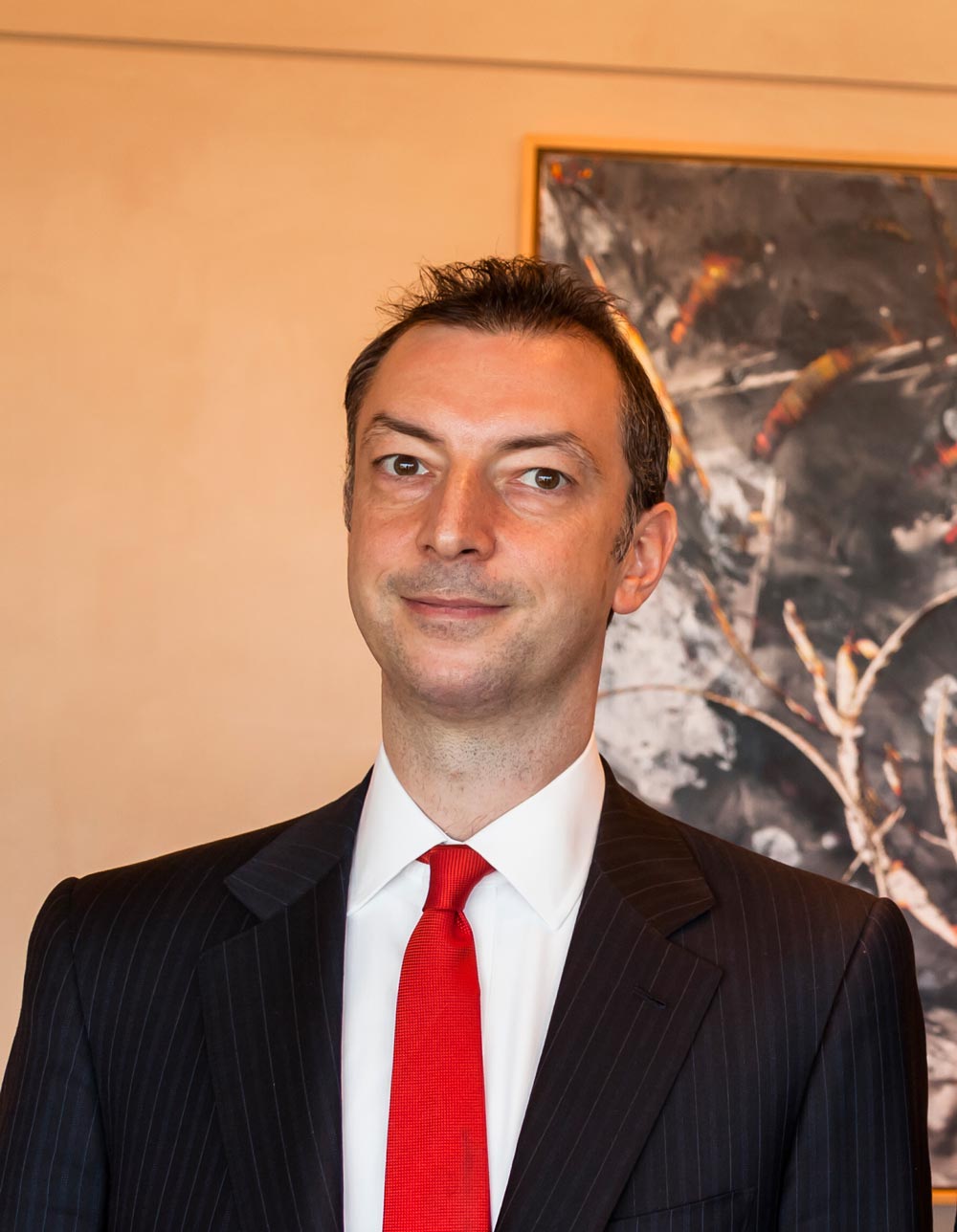Doing Business in a Turbulent Economy
The middle-income trap, productivity, inflation, exchange rates, incentives, and industrial policies are among the issues discussed in the second chapter. The conversation addresses the visionary decisions that need to be made in light of worldwide developments in order to ensure Turkey’s sustainable growth and business success.
In his analysis, Bülent Eczacıbaşı focuses on the basic conditions for socio-economic development and the importance of the investment environment. He also offers his ideas about what Turkey's new “story” should include.


